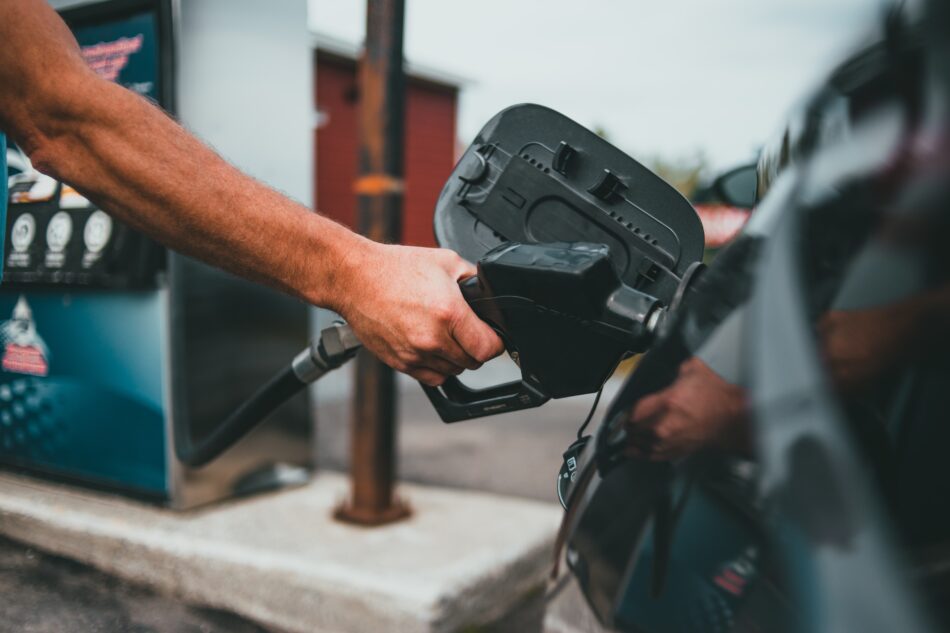How to Reduce Recycling Contamination
Contaminated recycling causes problems and means waste goes to landfill or is incinerated. Find out how to reduce recycling contamination in your business.

Petrol and diesel are an essential part of life for people and businesses that use vehicles every day. But petrol and diesel can become contaminated, especially when left uncovered or if people put the wrong fuel in their car, which must be removed. Disposing of petrol and diesel needs doing safely.
If your company drains mis fuelled cars or you have old diesel or petrol that needs removing, knowing what to do with old petrol and diesel can be tricky. Find everything you need to know about diesel and petrol disposal, so you understand how to get rid of petrol and diesel safely with this guide.
Disposing of petrol and diesel properly is essential to avoid causing environmental damage. You should store any old petrol and diesel in appropriate oil waste drums, barrels, and tanks within their weight and volume limits. Then arrange collection of these containers by licensed waste carriers. They’ll transport your petrol and diesel to a nearby refinery for safe and legal disposal.
Here the petrol or diesel is checked for any impurities. It’s then chemically penetrated, before being boiled and the steam removed. Next, it’s distilled further and any more impurities stripped away. Finally, it’s ready for reuse and sent to factories for use in various processes and purposes.
Although petrol and diesel are substances naturally found in the earth, their use in cars and vehicles was invented. Petrol and diesel are the same mineral oil. However, the way they work with the engine is different. The diesel engine was named after its inventor, Rudolf Diesel, and the petrol engine was first built by Nicolaus August Otto.
Both petrol and diesel come from crude oil, which is a naturally occurring oil found deep underground. To turn crude oil into petrol or diesel, the oil is heated at different temperatures (35 to 200°C for petrol, 250 to 350°C for diesel). As it boils it’s separated into different liquids in a distillation column.
This is then blended with certain elements to produce petrol or diesel. For example, fossil petrol is often blended with ethanol and oxygenates such as MTBE, ETBE, or methanol.
Contaminated and old petrol and diesel class as a few different types of waste due to the nature of these substances. These include:
Yes, old petrol and diesel can be treated for reuse. It’s checked for any contaminants and impurities first, relevant chemicals are added, and then it’s boiled. Once the impure petrol and diesel have been steamed and removed of any impurities, it can be reused. All the other derivatives can be used again, and they’ll be shipped to different factories for use.
Petrol and diesel are huge polluters. Their refinement and disposal can lead to pollution that gets into our atmosphere and contribute to global warming and the destruction of the ozone layer. When petrol and diesel evaporate or are burned it produces substances such as carbon monoxide, which contributes to air pollution.
Improper petrol disposal may also result in fuel contaminating land and water sources – especially if it ends up in landfill. As they’re both types of hazardous waste, this puts human and environmental health at risk. Disposing of petrol and diesel must be done safely to avoid such issues arising.
Because petrol and diesel are huge polluters, many car and vehicle manufacturers are trying to move away from producing new petrol and diesel vehicles. The ban on new petrol and diesel cars in the UK from 2030 onwards has sped up the need for alternative fuel sources.
The main alternative to petrol and diesel are electric-powered vehicles, which are increasing in popularity and have the potential to reduce the amount of carbon dioxide in the atmosphere. There are also government schemes that encourage the purchase of electric vehicles, making them an economical and more environmentally friendly alternative to petrol and diesel engines.
Some facts about petrol and diesel are that:
If you live in England or Wales, the first thing you should do to dispose of petrol or diesel is contact your local council to see if their hazardous waste disposal services accept petrol or diesel. Some local recycling centres may accept petrol and diesel, even if you can’t arrange free pickups.
For businesses and individuals, you can also contact a dedicated waste removal service with experience and licences to remove and dispose of petrol and diesel. Contact us today at Business Waste to find out how we can help collect and recycle your fuel waste. We can provide a free quote based on the type and amount of petrol and/or diesel you need removing.
Find out more about other rubbish streams.
Get a fast FREE quote for your petrol and diesel waste
Contaminated recycling causes problems and means waste goes to landfill or is incinerated. Find out how to reduce recycling contamination in your business.
Many tourist hotspots look great in the photos but are sadly surrounded by rubbish and litter. Discover the 10 dirtiest hotspots in the world to avoid.